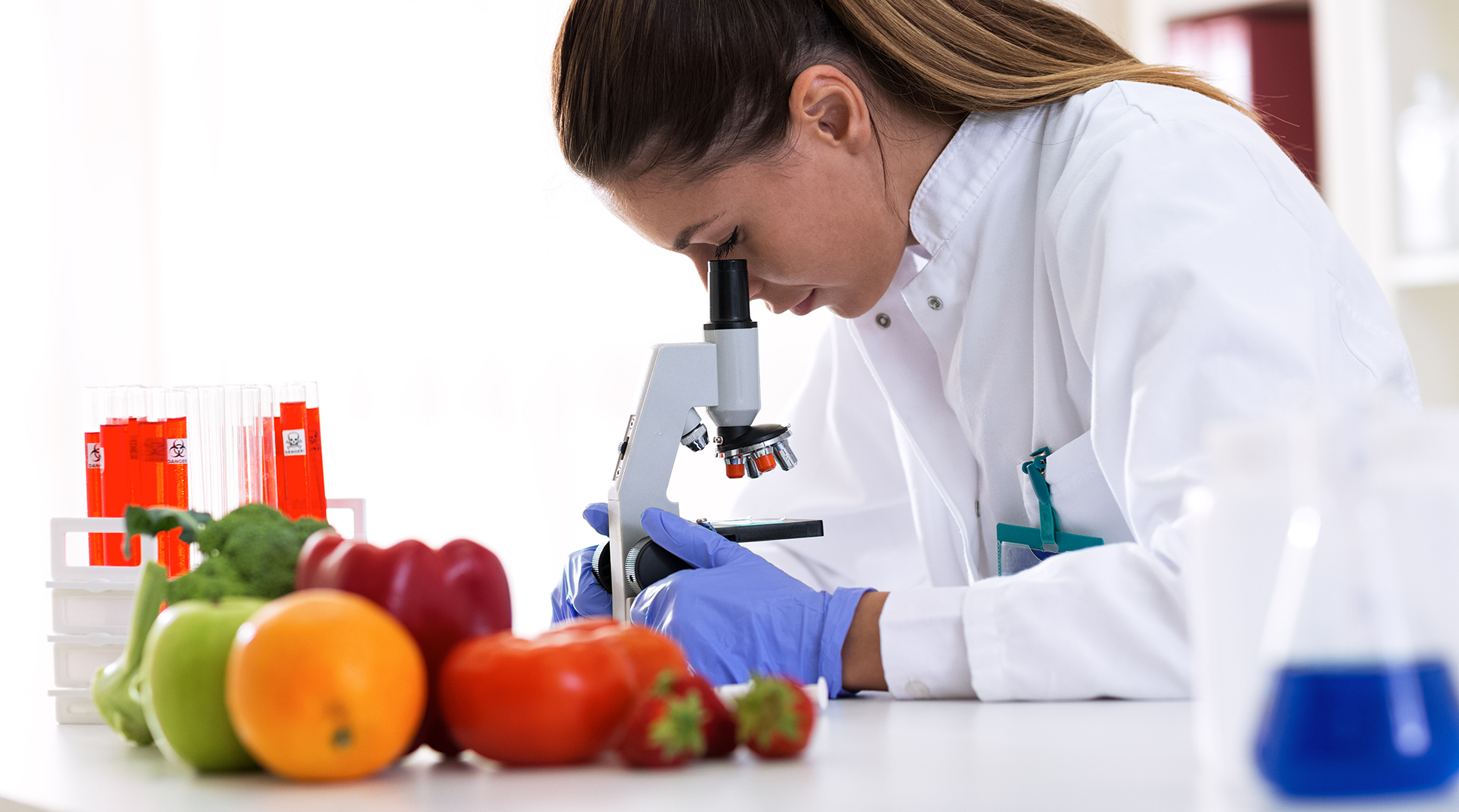This is an excerpt from Amanda Maxham's article on the Genetic Literacy Project website.
By Amanda Maxham
In the past 50 years, farming has gone through a technological revolution. In that historical blink of an eye, tractors have gone from simple earth-movers to million-dollar mega machines, guided by onboard computers and GPS satellites. In just the past 25 years, genetic engineering, the ability to make changes in the DNA of seeds to give crops favorable traits, has become one of the most rapidly adopted technologies in the history of mankind. These technology-packed plants, such as beets, corn and cotton engineered to repel insects and make it easy for farmers to deal with weeds, now blanket American fields to the tune of 90 percent or more.
At the same time the American farm has been experiencing a burgeoning of technology, the number of products in the grocery store that advertise themselves as having nothing to do with technology has multiplied. On the farm, technology is inescapable, but step through the sliding glass doors of the American grocery store and suddenly the idea of “agricultural technology” has plausible deniability.
Browsing the produce at my local California grocery store, the most common word I see on packages is not “technological” but some version of “natural”: There’s NatureFresh peppers, Naturipe strawberries, and a bag of mandarin oranges advertised as “nature’s perfect fruit.” A packaged medley of colorful cherry tomatoes advertises itself as “Wild Wonders.” In the beverage section, Fiji water boasts it is a “a gift from nature” and claims “it’s the best water known to man, because he had nothing to do with it.” This plus the growing number of organic and “non-GMO” products on the shelf and it all adds up to an anti-technology food trend. People want to believe that their food is “natural,” and anything that upsets this narrative is likely to be passed over.
You don’t have to dig very deep to see this “natural narrative” on food packaging for what it is: a complete fiction. Although food labels try to sell us on the idea that there is a gulf that separates what we call “food” from what we call “technology,” the reality is that the human touch is in every food in the grocery store. I’m reminded of a headline I ran across a couple of years ago: “A tomato contains more technology than an iPhone.” Nobody can look at an iPhone without recognizing that it took an incredible amount of technology to invent. When you look at a tomato or any of our modern grocery store products, you should see the same thing.
Read more of Amanda's post on the Genetic Literacy Project website
Amanda Maxham, PhD, is a science writer with a background in high energy astrophysics. She defends mankind’s moral right to create and use technology and the industrial capitalism that makes it possible. Follow her on Twitter at @drMaxham
